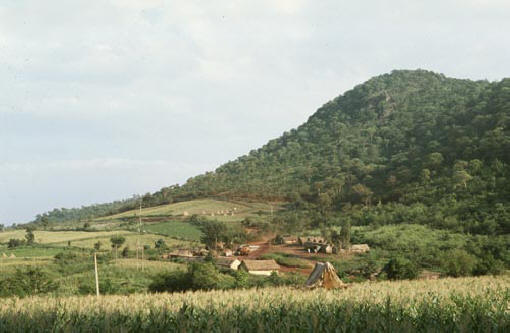
Different types of forest and woodland vegetation were sampled for wood specimens in 2003 (sponsored by the Reckitt Travelling Fellowship of the British Academy):

This picture was taken near Sandur hills, immediately west of the Bellary area, and shows a characteristic example of dry deciduous open forest
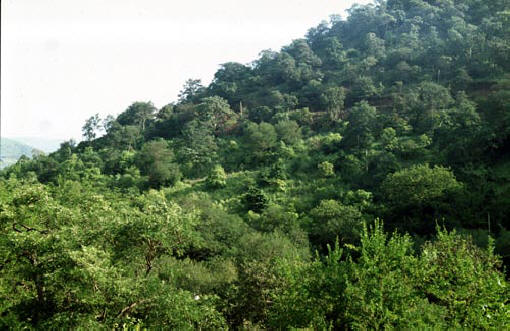
Sandur hills: dry-deciduous forest
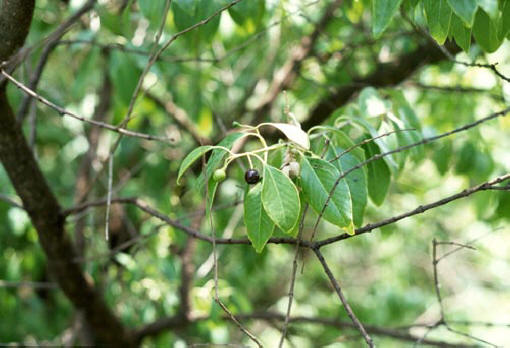
Sandur hills: Sandalwood tree (Santalum album) in state-protected dry deciduous forest area
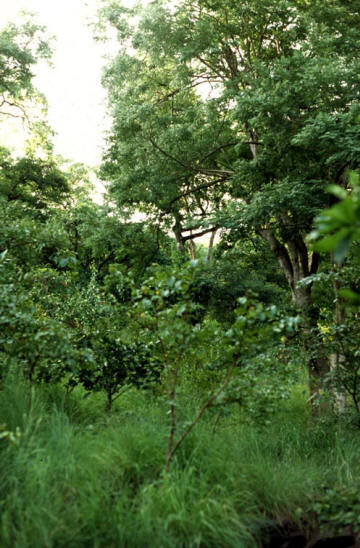
Sandur hills: dry deciduous forest opening with grassland
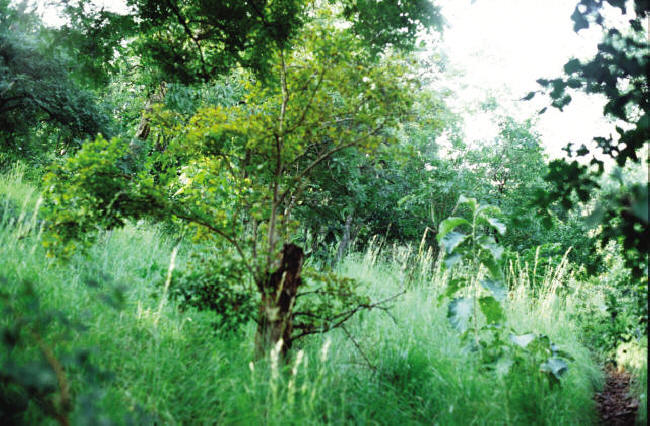
Sandur hills: dry deciduous forest opening with grassland and Anogeissus tree stump
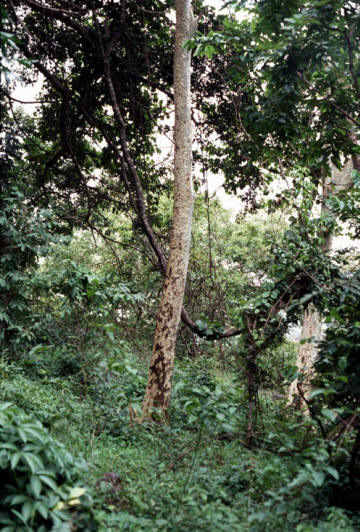
Sandur hills: denser deciduous forest patch in sheltered valley
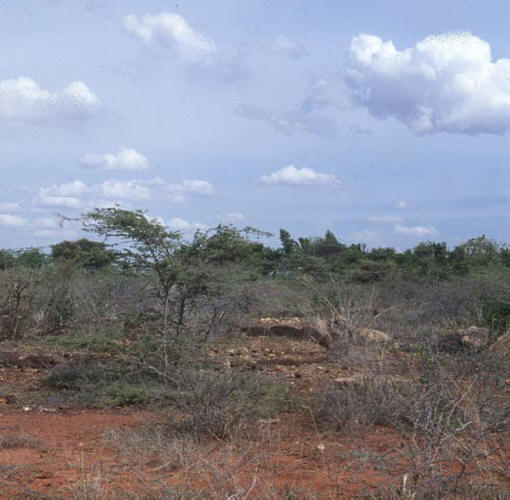
Example of thorn-scrub lowland vegetation in Tamil Nadu
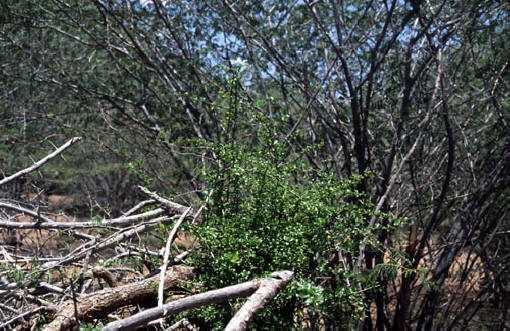
Thorn- scrub lowland vegetation in Tamil Nadu
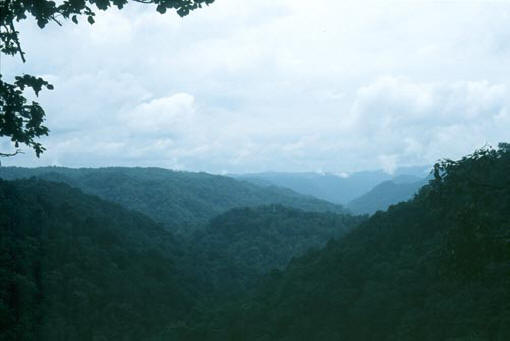
Western Ghats: general overview of wet evergreen forest
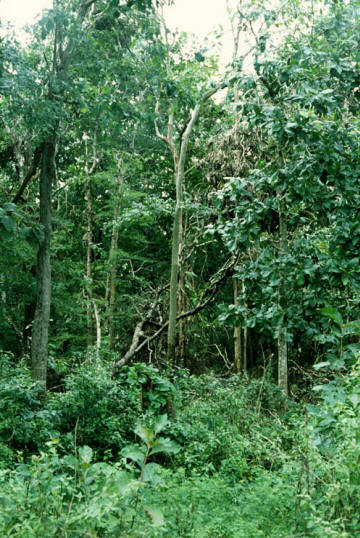
Western Ghats, Sirsi area, Karnataka: example of wet deciduous woodland dominated by Terminalia trees
Granite hilltop sites, rockshelters and ashmounds in the Bellary area, Karnataka:
Granite outcrops have created dramatic landscapes that became the foci of early Neolithic settlement in South India and also bear beautiful examples of rock-art, dating perhaps from as early as the Epipalaeolithic. The location and height of the hilltops must have offered to their early inhabitants great vantage points across the landscape. In many cases ashmounds are also found at the foothills and/or nearby granite hills. Their attractiveness was also maintained in later periods, as evidenced by the location of the famous remains of Hampi.
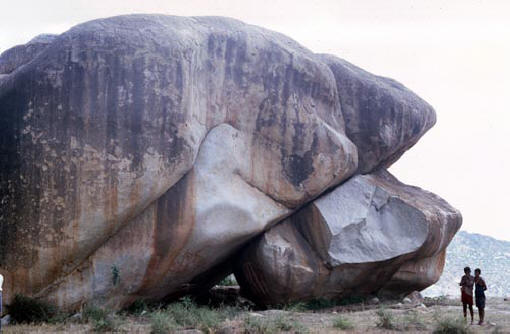

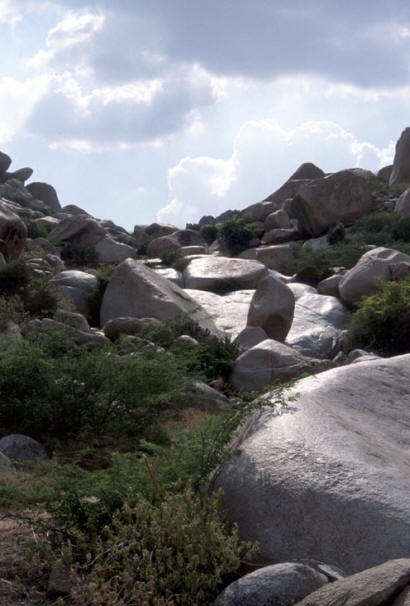
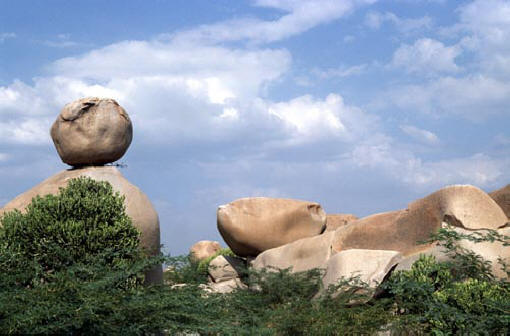
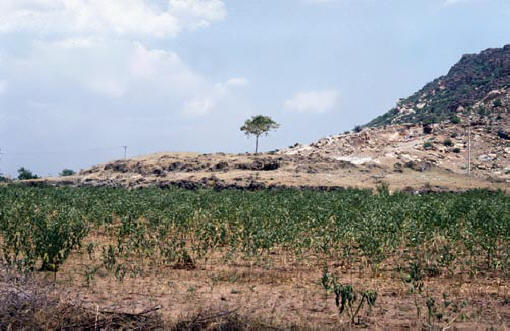
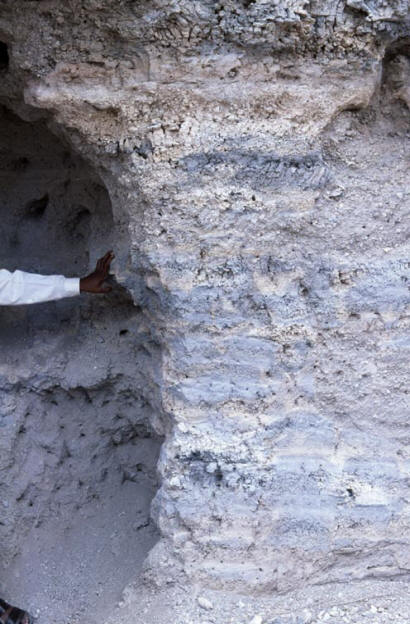
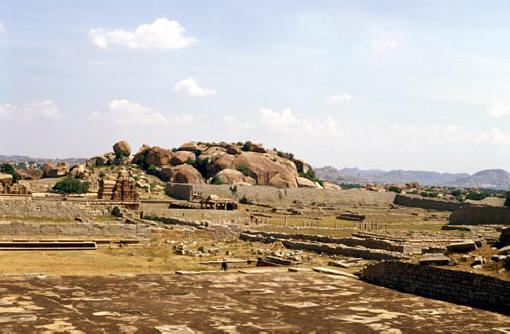
People living and working on and around archaeological sites today:
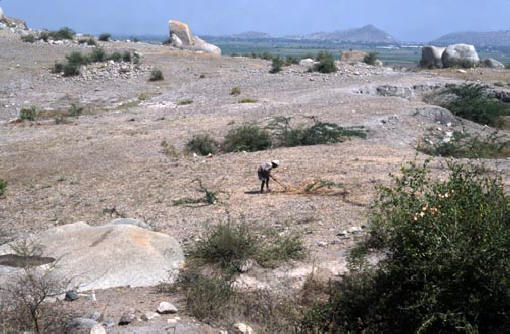
Laborious fuel collection in the scrub around granite hilltops: spiny Acacia-Albizia stems are being cleaned manually of their spines, so that fuel collectors can carry them away in bundles
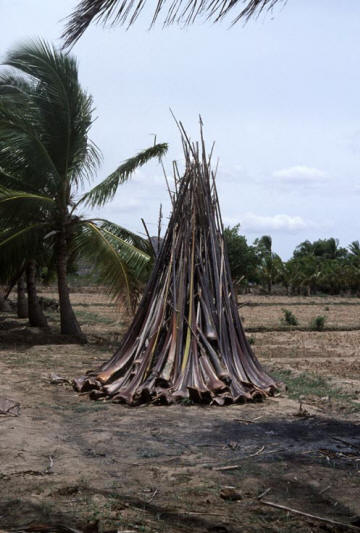
Palm leaves collected and left to dry in the field, to be later used as fuel (Tamil Nadu)
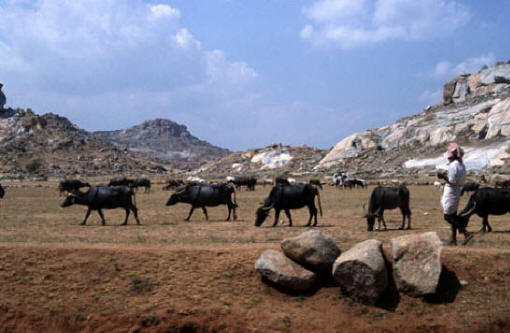
Grazing of cattle herds in the wastelands separating cultivated fields around the granite hills
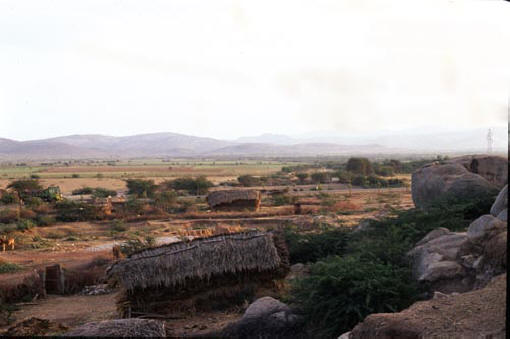
Pastoralist camp at the foothills of Neolithic(?) granite hilltop settlement
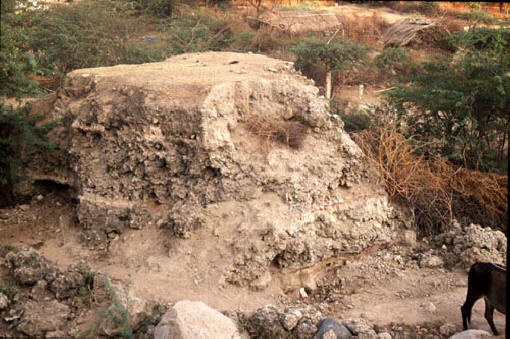
Remnants of ashmound truncated by modern activities
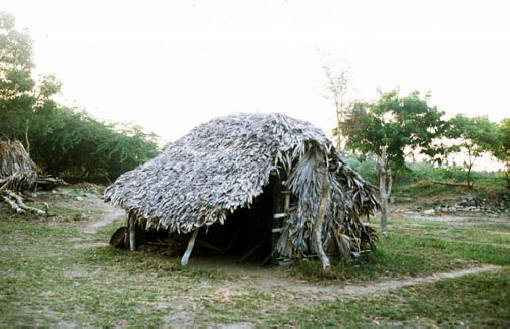
Hut of mobile agricultural labourer family made of palm tree leaves (Tamil Nadu)
Collection and laboratory preparation of wood reference collection:
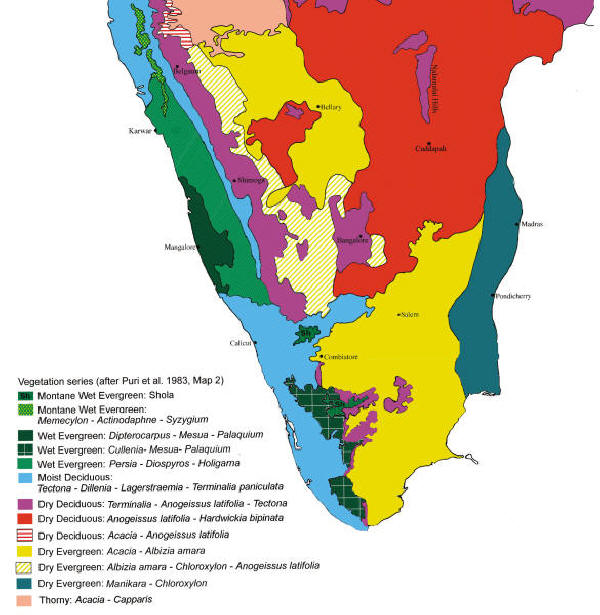
Map showing the main vegetation formations of South India the areas sampled included locations around Coimbatore and a transect from Bellary to the Western Ghats (including dry evergreen, dry deciduous, moist deciduous and wet evergreen types of woodland vegetation)

Collection in the field and
preparation in the laboratory. From top (left to right): Collection,
packed & labelled specimens sorted in the laboratory, selected
specimens stored in alcohol and labelled, boiling wood blocks,
sectioning using a microtome, staining thin sections, mounting of
stained sections, description of anatomical characters in individual
specimens
© Eleni Asouti, 2006